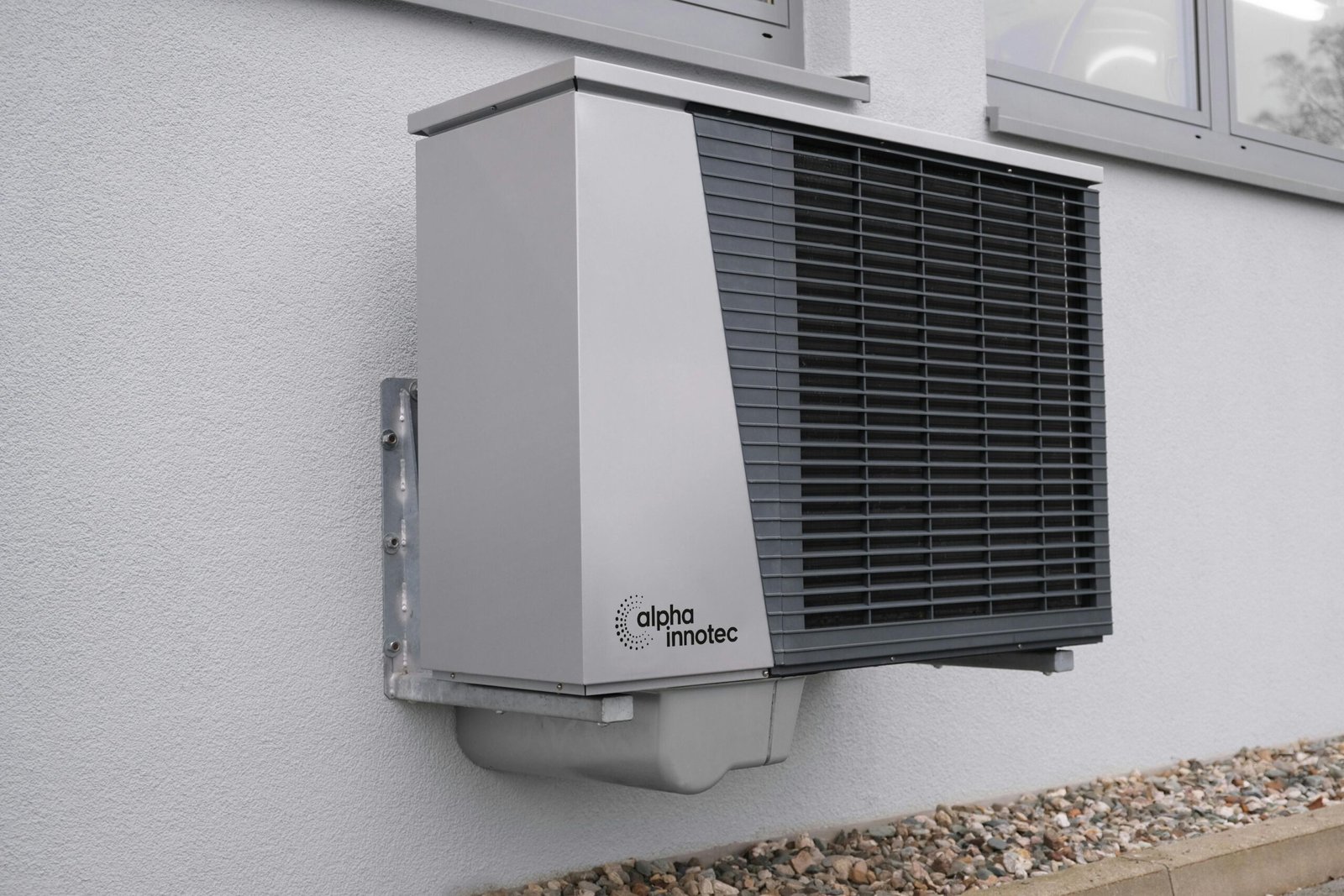Portable Air Conditioners: A Cool Solution for Your Space
Introduction
The relentless summer heat can make life indoors unbearable. While traditional air conditioners offer effective cooling, their installation can be a hassle. Enter portable air conditioners, a versatile solution that provides refreshing comfort without the need for complex setup.
These units offer a convenient way to cool down specific rooms, making them ideal for apartments, dorms, and homes with limited space.
In this article, we’ll delve into the world of portable air conditioners, exploring their features, benefits, drawbacks, and how to choose the right one for your needs. We’ll also address common questions and concerns to help you make an informed decision.
How Does a Portable Air Conditioner Work?
Unlike traditional air conditioners, portable models are self-contained units that can be easily moved from room to room. They operate on a similar principle, drawing warm air from the room, cooling it, and then expelling the hot air outside.
Here’s a breakdown of the process:
- Air intake: The unit draws warm air from the room through its intake vent.
- Cooling process: The air is cooled by the refrigerant circulating within the unit.
- Dehumidification: Moisture is removed from the air, reducing humidity levels.
- Air distribution: The cooled air is expelled back into the room through vents.
- Heat exhaust: The hot air generated by the cooling process is expelled outside through a flexible exhaust hose.
Advantages of Portable Air Conditioners
- Portability: The most significant advantage is their mobility. You can easily move the unit to any room that needs cooling.
- No installation: Unlike traditional air conditioners, portable units require no professional installation, saving you time and money.
- Flexibility: Perfect for renters or those who frequently move, as they can be taken with you.
- Space-saving: They don’t require permanent installation, freeing up wall space.
- Additional features: Many models come with features like dehumidification, fan-only mode, and remote control.
Disadvantages of Portable Air Conditioners
- Less efficient: Compared to window or central air conditioners, portable units tend to be less energy-efficient.
- Exhaust hose: You need to find a suitable way to vent the hot air outside, which can be inconvenient.
- Noise: Some models can be noisy, especially when operating at high speeds.
- Limited cooling capacity: They are generally designed for smaller spaces and may not be sufficient for large rooms.
Choosing the Right Portable Air Conditioner
When choosing a portable air conditioner, a number of considerations should be taken into consideration.
- Room size: Determine the square footage of the room you want to cool.
- Cooling capacity: Choose a unit with the appropriate cooling capacity (BTU) based on your room size.
- Noise level: If noise is a concern, prioritize quieter models.
- Features: Consider additional features like dehumidification, fan-only mode, and remote control.
Maintenance and Care
Proper maintenance is crucial for extending the life of your portable air conditioner and ensuring optimal performance. Here are some essential care tips:
- Regular Cleaning: Clean the air filter every two weeks to prevent dust and debris buildup.
- Condenser Coil Maintenance: Keep the condenser coils clean by gently brushing or vacuuming them.
- Drain Pan Cleaning: Empty the drain pan regularly to prevent water overflow.
- Storage: When storing the unit for the off-season, cover it with a protective cover to prevent dust accumulation.
Energy Efficiency Tips
While portable air conditioners are generally less efficient than traditional units, there are steps you can take to minimize energy consumption:
- Proper Sizing: Choose a unit that is appropriately sized for your room to avoid overcooling.
- Insulation: Improve insulation in the room to reduce heat gain.
- Window Treatments: Use blackout curtains or blinds to block sunlight.
- Air Sealing: Seal any gaps around windows and doors to prevent air leakage.
- Regular Maintenance: A clean unit operates more efficiently.
- Energy-Saving Features: Utilize features like sleep mode and eco mode when available.
Portable Air Conditioners vs. Other Cooling Options
Before deciding on a portable air conditioner, it’s essential to compare it to other cooling options:
- Window Air Conditioners: These units are more efficient than portable models but require installation.
- Central Air Conditioning: Offers whole-house cooling but involves significant installation costs.
- Fan: Provides temporary relief but doesn’t lower room temperature.
- Evaporative Coolers: Effective in dry climates but less efficient in humid conditions.
Safety Considerations
- Proper Ventilation: Always ensure adequate ventilation to prevent carbon monoxide buildup.
- Electrical Safety: Use a dedicated outlet and avoid overloading circuits.
- Water Drainage: Regularly check the drain pan to prevent water damage.
FAQs About Portable Air Conditioners
General Questions
What is a portable air conditioner?
A portable air conditioner is a self-contained cooling unit that can be easily moved from room to room. It draws warm air from the room, cools it, and expels the hot air outside through an exhaust hose.
How does a portable air conditioner work?
Portable air conditioners operate on a similar principle to traditional air conditioners. They draw warm air into the unit, cool it using refrigerant, remove moisture, and then distribute the cooled air back into the room.
What are the advantages of portable air conditioners?
- Portability
- No installation required
- Flexibility
- Space-saving
- Additional features (dehumidification, fan-only mode, etc.)
Buying and Using
What is the best way for choosing a mobile air conditioner?
Consider factors like room size, cooling capacity (BTU), energy efficiency, noise level, features, and exhaust hose length.
How much does a portable air conditioner cost?
The price of portable air conditioners varies depending on size, features, and brand. Expect to pay anywhere from $200 to $1000 or more.
Conclusion
For a variety of spots, portable air conditioners provide an adaptive and practical cooling alternative. By carefully considering your needs and preferences, you can select the right unit to beat the summer heat in comfort. Remember to prioritize energy efficiency, proper installation, and regular maintenance for optimal performance and cost savings.
To read more, click here.














Post Comment